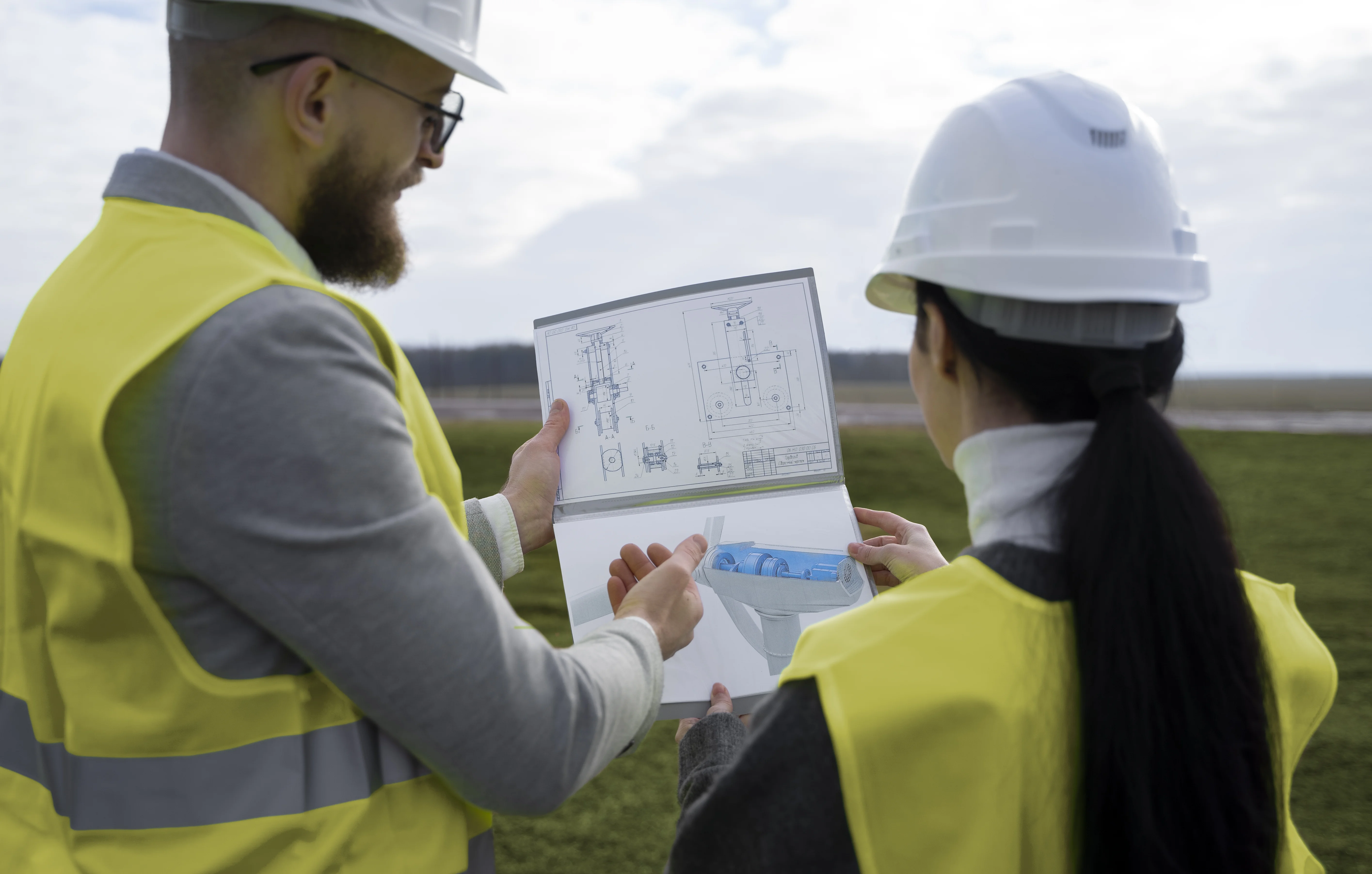Índice
Land Development Engineering is a specialized field that encompasses the planning, design, and construction of various land development projects. It involves transforming raw land into functional and aesthetically pleasing spaces for residential, commercial, and industrial purposes. This intricate process requires a deep understanding of civil engineering principles, environmental regulations, and economic factors.

Land development engineering is a multidisciplinary field that combines the expertise of civil engineers, surveyors, planners, and other professionals to create sustainable and functional developments. It involves a systematic approach to transforming raw land into usable spaces for various purposes. From initial site assessment to final construction, land development engineers play a crucial role in shaping the built environment.
The land development process typically involves several stages:
Site Selection and Analysis: Identifying suitable land for development based on factors such as topography, soil conditions, zoning regulations, and environmental impact.
Planning and Design: Developing a comprehensive plan for the project, including zoning compliance, infrastructure requirements, and architectural design.
Site Preparation: Clearing the land, grading, and preparing the site for construction.
Infrastructure Development: Building roads, utilities, drainage systems, and other essential infrastructure.
Construction: Constructing buildings, structures, and landscaping according to the approved plans.
Post-Construction Activities: Obtaining necessary permits and certificates, conducting final inspections, and addressing any outstanding issues.
Land development is essential for accommodating population growth, economic development, and improving the quality of life. It creates jobs, generates tax revenue, and provides essential infrastructure. By carefully planning and executing land development projects, communities can ensure sustainable growth and development.
A career in land development engineering offers several advantages:
Creative Problem-Solving: Land development engineers face unique challenges that require innovative solutions.
Impactful Work: The work of land development engineers directly contributes to shaping the built environment and improving communities.
Diverse Projects: The field offers a wide range of project types, from small-scale residential developments to large-scale commercial complexes.
Career Advancement: With experience and expertise, land development engineers can advance to leadership positions and consulting roles.
Land development has a significant impact on the environment. To mitigate negative impacts, land development engineers must consider factors such as:
Sustainable Design: Incorporating environmentally friendly practices into the development process.
Preservation of Natural Features: Protecting existing vegetation, wetlands, and wildlife habitats.
Stormwater Management: Implementing effective stormwater management systems to prevent pollution and erosion.
Energy Efficiency: Designing buildings and infrastructure to minimize energy consumption.
Land development engineering is a complex field with various challenges:
Economic Factors: Fluctuations in the real estate market can impact project feasibility.
Regulatory Compliance: Adhering to complex zoning, environmental, and building codes can be time-consuming.
Public Opposition: Dealing with community concerns and resistance to development projects.
Resource Constraints: Limited availability of land, labor, and materials can impact project timelines and budgets.
Sustainability is a cornerstone of modern land development engineering. Incorporating green building principles and technologies into design and construction is essential for creating environmentally friendly developments. Strategies such as energy-efficient building designs, rainwater harvesting, and the use of sustainable materials are becoming increasingly important. Land development engineers must consider the long-term impacts of their projects on the environment and strive to minimize their ecological footprint.
Advancements in technology have revolutionized the field of land development engineering. Civil engineers now have access to sophisticated software and tools that enhance efficiency and accuracy. Geographic Information Systems (GIS) and Building Information Modeling (BIM) are widely used to analyze site conditions, visualize designs, and manage complex projects. These technologies enable better decision-making, improve collaboration among stakeholders, and contribute to the overall success of land development projects.
The future of land development engineering is marked by exciting challenges and opportunities. As urbanization continues, the demand for sustainable and resilient developments will grow. There is a growing emphasis on smart cities, which incorporate technology to improve the quality of life for residents. Land development engineers will play a crucial role in designing and building these future-oriented communities. Additionally, addressing climate change impacts, such as sea-level rise and extreme weather events, will require innovative approaches to land development.
By embracing new technologies, adopting sustainable practices, and understanding the evolving needs of communities, land development engineering can contribute to creating a better future for all.
Land development engineering is a critical component of creating thriving communities. By understanding the complexities of the field and applying sound engineering principles, land development professionals can contribute to sustainable and resilient developments. It is essential to balance economic growth with environmental protection and community needs.
To address the challenges of land development, collaboration between government agencies, developers, and the public is crucial. By working together, we can create vibrant and sustainable communities that meet the needs of present and future generations.
Land development engineers play a vital role in shaping the built environment. Their expertise is essential for creating communities that are not only functional but also aesthetically pleasing, environmentally responsible, and economically viable.

¡Muchas gracias!
Hemos recibido correctamente tus datos. En breve nos pondremos en contacto contigo.